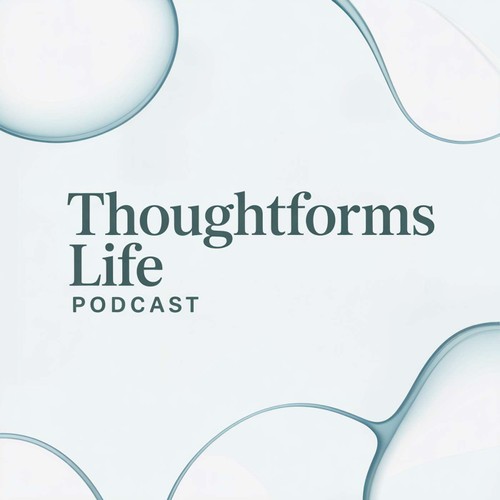
 Thoughtforms Life
Thoughtforms Life Discussion with Stuart Kauffman and Katherine Peil Kauffman
Jan 7, 2024
Stuart Kauffman, a pioneer in theoretical biology, and Katherine Peil Kauffman, a clinical psychologist, delve into fascinating insights on cognition and emotions. They explore minimal sorting algorithms to reveal emergent problem-solving behaviors. Katherine discusses how bioelectric signaling influences our emotional valence, while Stuart examines how living cells acquire goals. Together, they discuss the implications of decentralized experimentation in agriculture and medicine, and the autonomy of complex systems driven by collective agency.
AI Snips
Chapters
Books
Transcript
Episode notes
Minimal Rules Yield Basal Cognition
- Simple distributed sorting algorithms can spontaneously show goal-directed behaviors like delayed gratification when parts fail.
- Michael Levin found these behaviors emerge without added code, revealing unexpected basal cognition from minimal rules.
Noise Enables Alternative Strategies
- Breaking the assumption of a reliable medium (allowing failures) produces richer problem-solving pathways.
- Levin showed that noise and failure enable backtracking and alternative strategies absent in idealized algorithms.
Transient Clustering From Local Rules
- Giving each element its own local algorithm causes spontaneous clustering of like algotypes mid-process.
- Clustering peaks in the middle of sorting and then dissolves as the global sort completes, implying emergent social-like grouping.






